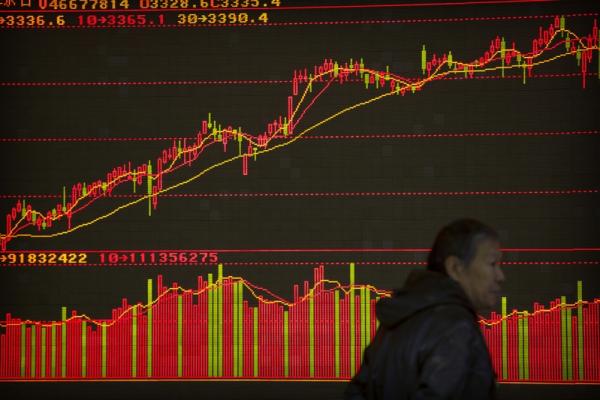Select Language

“The ramp in demand from Google is driven by what we increasingly believe is a global capacity shortfall as its internal demand ramped amid its late August pullback from the market (which we highlighted in September 2024) stemming from an internal initiative to increase the utilization of its existing data center fleet,” the analyst said. “ As for Meta, the demand ramp comes as it is meaningfully increasing its data center capacity in support of Llama.”
On OpenAI, the firm checks indicate that the company is increasingly securing data center capacity directly from third parties, exemplified by its deal with CoreWeave. Additionally, OpenAI has significant long-term capacity ambitions, planning multiple Stargate projects, each ranging from 800MW to 1.5GW, potentially exceeding 6GW in total. To meet these needs, OpenAI is hiring talent from other hyperscalers with expertise in design, construction, and capacity planning, suggesting a move toward self-building data centers in the medium to long term.
Most Asian stocks fell on Thursday after U.S. President Donald Trump’s announcement of automobile tariffs ramped up concerns over his trade agenda.
Major technology and chipmaking stocks also fell in tandem with their U.S. peers on growing concerns over a potential supply glut in data center and computing supply for the artificial intelligence industry.
Japanese shares were the worst hit in Asia, given the Nikkei’s high concentration of automakers and tech, while Chinese markets were steady.
Hong Kong shares advanced on strength in local tech names, which have become increasingly disconnected from their U.S. and global peers in recent months, amid optimism over China’s AI prospects and more stimulus from Beijing.
Broader regional markets tracked overnight weakness in their U.S. peers, as Wall Street tumbled on Trump’s tariff threats. His 25% auto tariffs will take effect from April 2, with the U.S. President also expected to announce a host of other tariffs on that date.
U.S. stock index futures fell marginally in Asian trade.
Japan, Korea stocks fall the most on auto, tech losses
Japan’s Nikkei 225 index was the worst performer on Thursday, losing 1.1%, while South Korea’s KOSPI shed 1%.
The two were the worst performers in Asia, given their heavy exposure to automaking and tech stocks. Japan’s TOPIX index shed 0.7%.
Among major Asian automakers, Japan’s Honda (NYSE:HMC) Motor (TYO:7267), Nissan Motor Co., Ltd. (TYO:7201), and Toyota Motor Corp (H:7203) fell between 2.6% and 3.1%. South Korea’s Hyundai (OTC:HYMTF) Motor (KS:005380) sank 3.8% despite recently committing $21 billion towards growing its U.S. operations, which could help shield it from U.S. tariffs.
Trump’s auto tariff comments sparked renewed concerns over the impact of his trade and economic agenda. April 2 is expected to provide more clarity on this front, with Trump set to unveil reciprocal tariffs against major American trading partners next week.
Tech, chipmakers rattled by AI data center questions
Asian tech and chipmaking stocks sank on Thursday, with losses concentrated towards those with heavy exposure to the U.S. AI industry. This came after U.S. tech majors sank overnight, amid growing doubts over AI-driven demand and oversupply of data infrastructure.
NVIDIA Corporation (NASDAQ:NVDA) suppliers TSMC (TW:2330) and Hon Hai Precision Industry Co Ltd (TW:2317) fell 1.8% and 2.4% in Taipei trade, while Japan’s Advantest Corp. (TYO:6857) slid nearly 7%. South Korea’s SK Hynix Inc (KS:000660) lost about 2%.
Losses in tech stocks came in tandem with their U.S. peers, after TD Cowen said major AI investor Microsoft Corporation (NASDAQ:MSFT) had canceled several data center leases in the U.S. and Europe, raising concerns of a supply glut in the AI computing sector. Such a scenario could crimp demand for major chip and server makers, with Nvidia sliding nearly 6% on this notion on Wednesday.
Chinese stocks steady, Hong Kong rises
Chinese markets were an outlier, with the mainland Shanghai Shenzhen CSI 300 and Shanghai Composite indexes rising slightly. Hong Kong’s Hang Seng index rose 0.3%, with local tech stocks appearing to be increasingly insulated from headwinds faced by their U.S. peers.
Optimism over China’s AI capabilities grew this week following new AI model updates from DeepSeek, as well as tech giants Tencent and Baidu (NASDAQ:BIDU).

